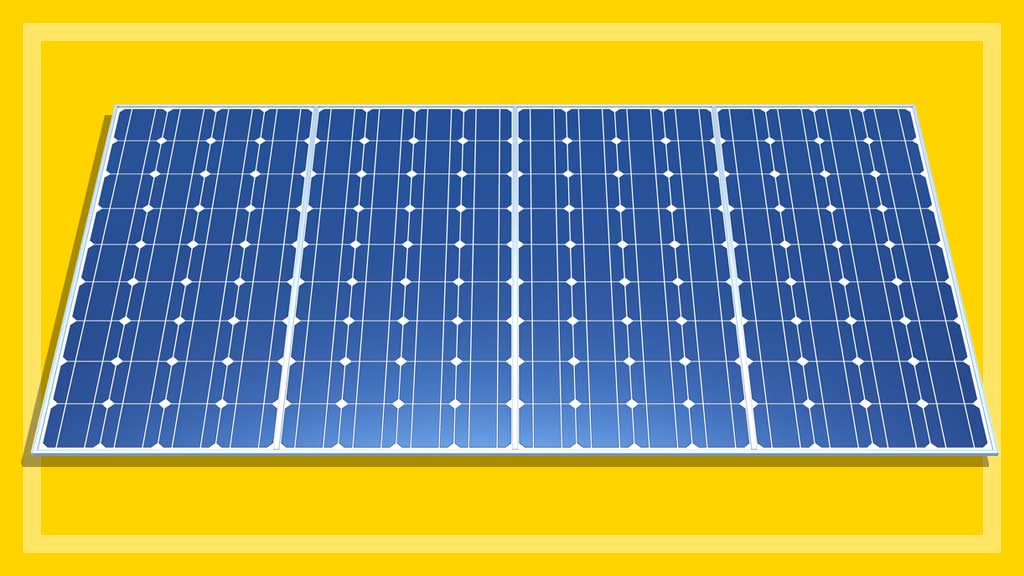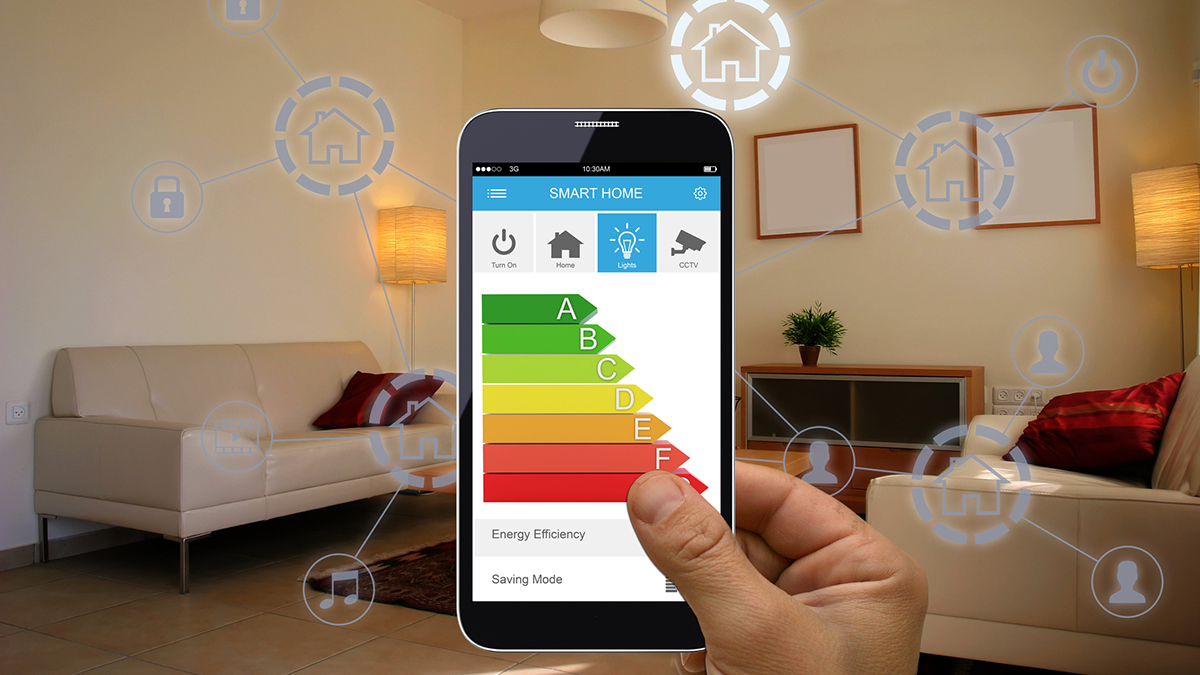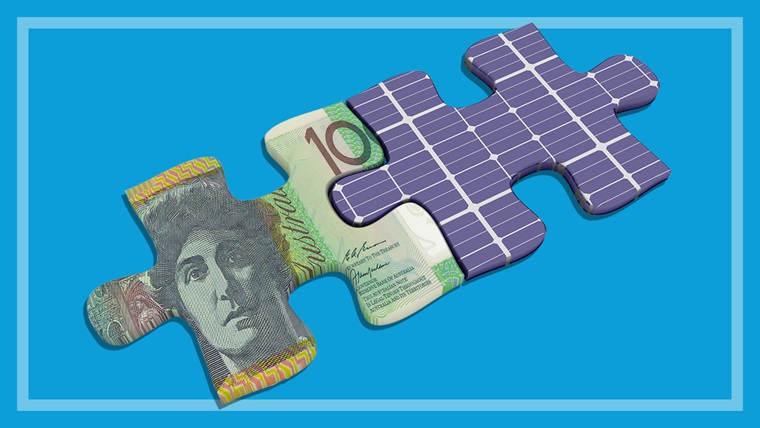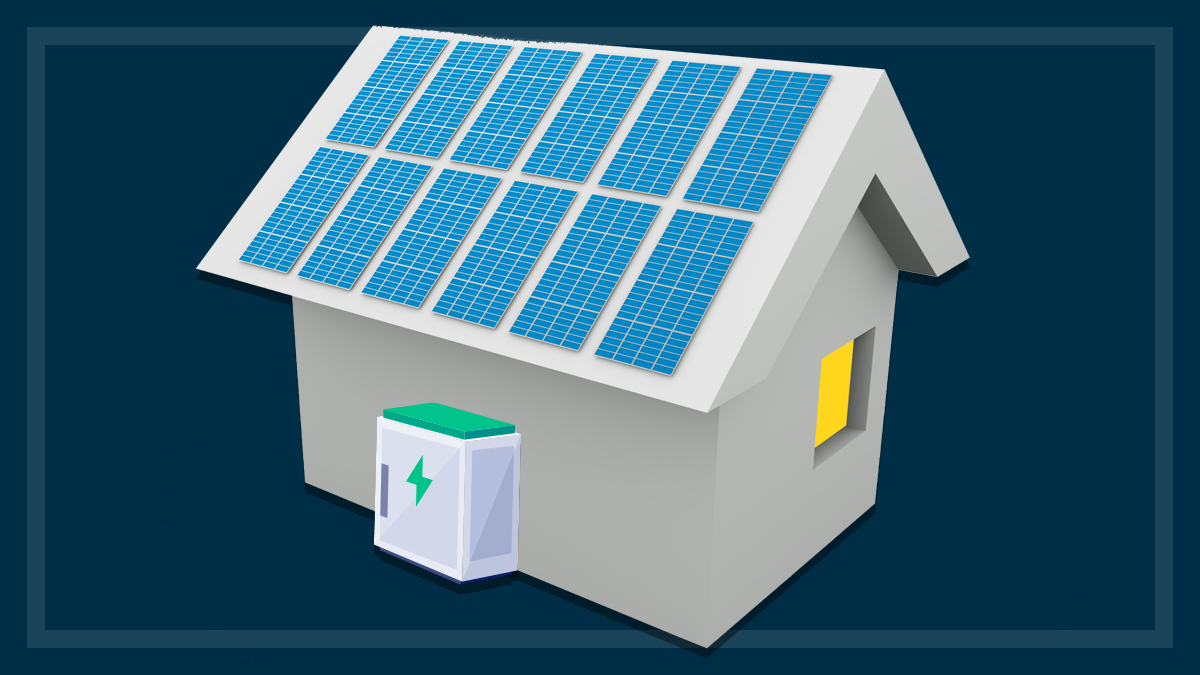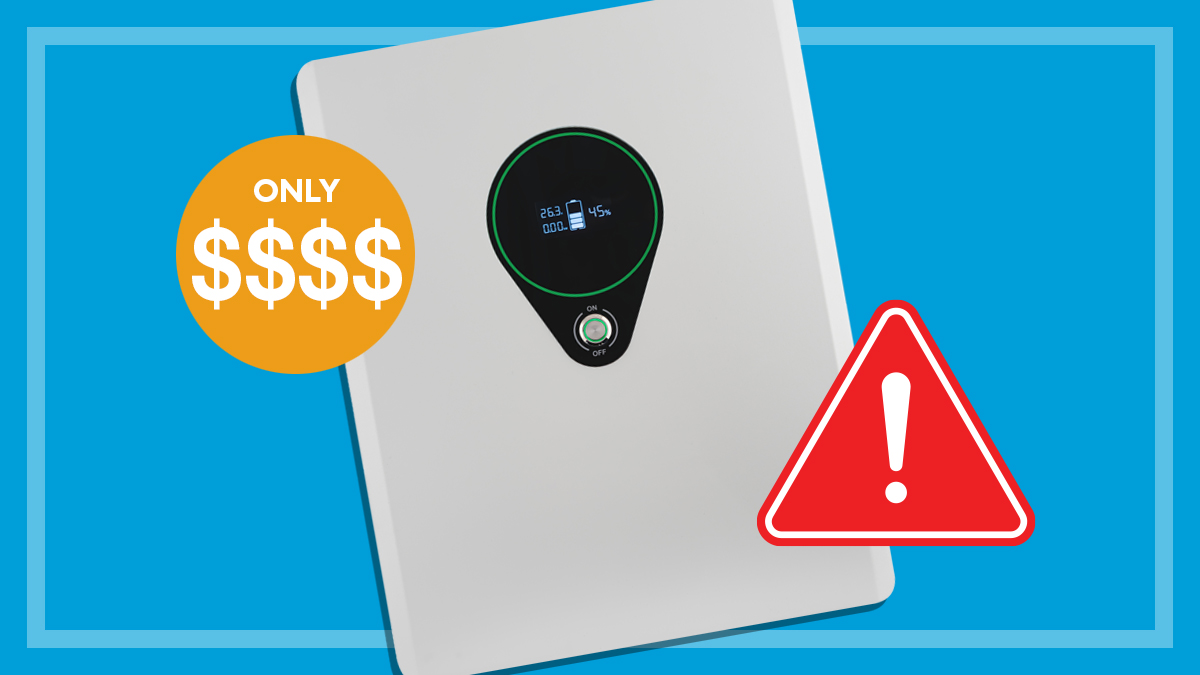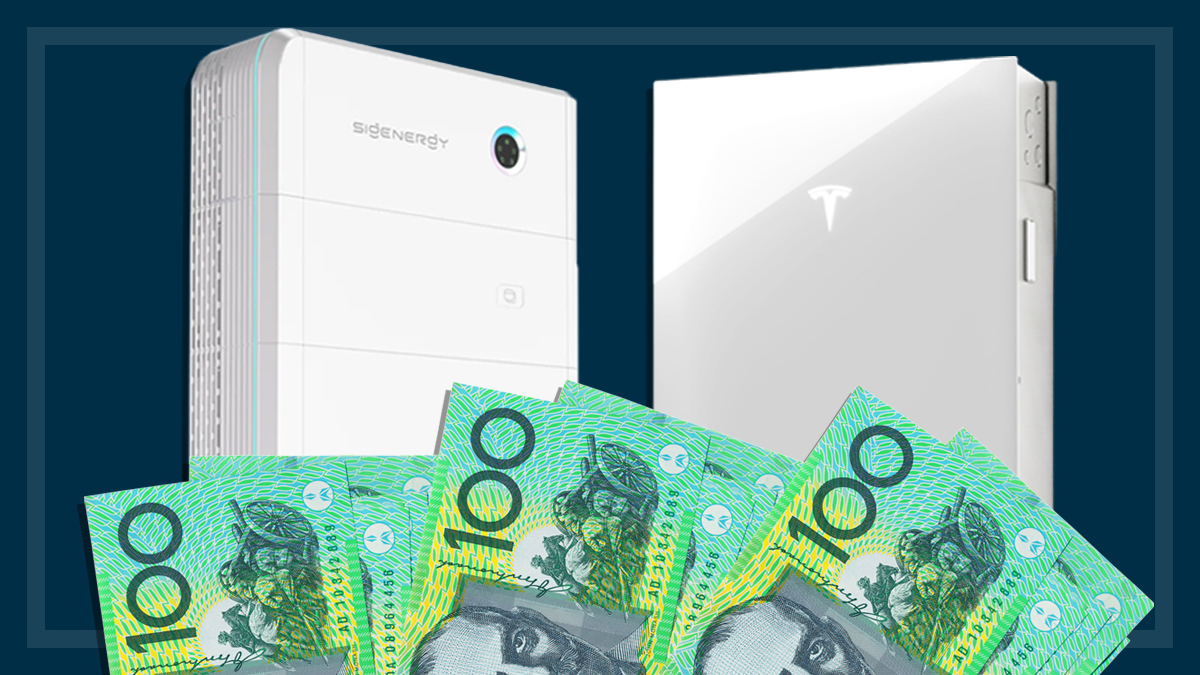Get our independent lab tests, expert reviews and honest advice.
Should you buy budget solar panels?
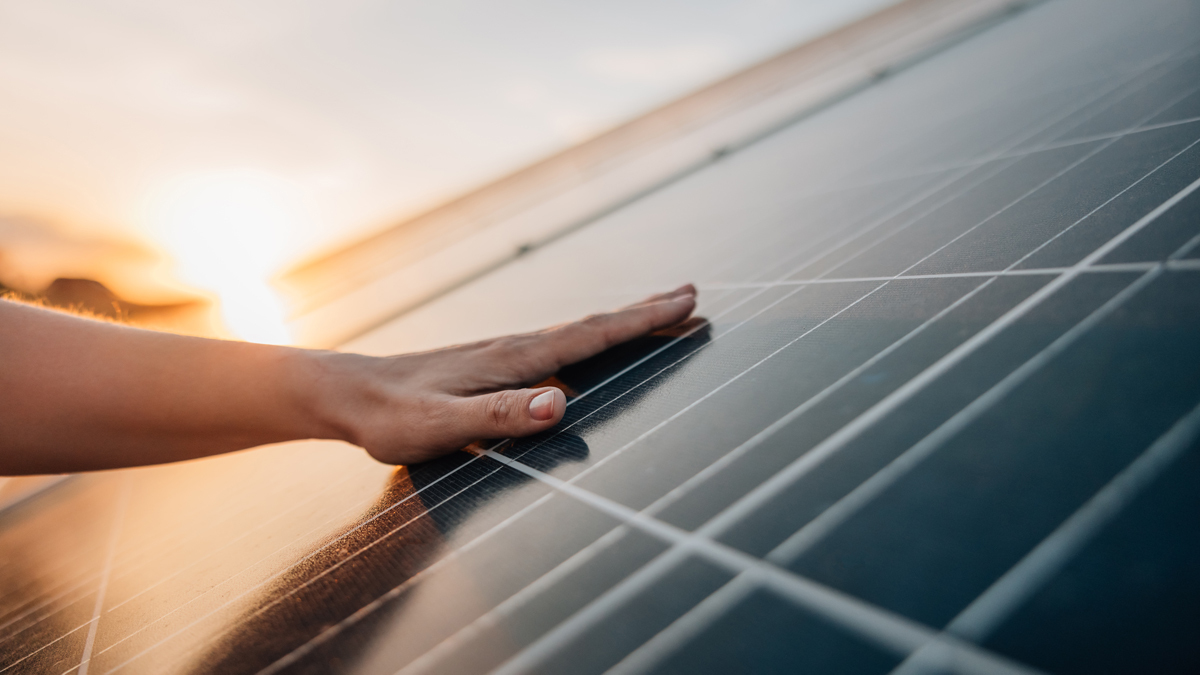
Need to know
- Price isn't always an indicator of performance when it comes to solar panels
- Many Australian households could save money in the long term by investing in solar – how long your system will take to pay itself off depends on a number of factors including the cost and efficiency of the panels you choose
- CHOICE members can view the results of our solar panels review: we give panels a score based on detailed test criteria, including how each panel's power output actually measures up against the product claims
With energy prices rising and many people wanting to make more sustainable choices, solar panels can be a great investment. CHOICE solar experts say that installing solar panels will almost always save you money over time.
How much you stand to save, though, depends on various factors such as where you live, how much you spend on the initial installation, how efficient your solar panels are and how much power you use.
“Households paying hundreds of dollars per quarter for electricity will definitely benefit from looking into solar. So will households with lower electricity consumption, though it may take them a little longer to make their money back,” says Chris Barnes, CHOICE’s solar expert.
But how do you know how much you should be spending on solar panels and which panels will give you the best results?
How much should you spend on solar panels?
We have reviewed 15 different types of solar panels with claimed power outputs ranging from 330W to 390W. They come from various brands and range in cost from $263 per panel up to $382 per panel.
The number of panels you should buy depends on your budget and how many you can actually fit on your roof, but solar experts say that for most homes, the sweet spot is generally 6.6kW of panels (18 x 370W panels, for example) with a 5kW inverter.
A 6.6kW solar system can cost you around $5500–9500 in a capital city (including rebates), depending on your choice of components, including the panels themselves.
Panel price alone isn’t an indicator that one panel will be better than another
Chris Barnes, CHOICE solar expert
However, there is a growing school of thought that it can be worth installing as big a system as your roof and budget allow, such as an 8kW system, 10kW or even more, to allow for future needs such as adding a storage battery or charging an electric car. So if you’re wanting to put as many panels as you can afford onto your roof when you first install solar, should you go for the cheapest possible panels?
“Panel price alone isn’t an indicator that one panel will be better than another,” says Chris. “More expensive panels may work better in the long term, but with cheaper panels you might be able to put more on.”
‘Budget’ solar panel brands
As we find in many of our CHOICE reviews, some cheaper brands of solar panels may deliver a less impressive performance than more premium brands. However, price isn’t always an indicator of how good a product is.
“There are quite a few ‘bargain products’ but what is more important than price is the performance of the panel and how long your system will take to pay for itself,” says Chris.
Almost any solar panels are better than none, so even a cheaper but well-made panel with a lower power output will still save you money on power over time
Chris Barnes, CHOICE solar expert
“In our review, we looked at several solar panels from brands generally considered to be cheaper, such as JA Solar and Yingli. We found some cheaper panels that had an excellent power output score and others that received a significantly lower or more average power output score.
“If you have those panels, it may mean your system could take slightly longer to pay for itself than you’d otherwise expect.
“Two of the cheapest panels in our recent test show how price can be no indicator of quality however; one of them performed well enough to be CHOICE Recommended, while the other came last, with poor results for power output and manufacturing quality,” says Chris.
“If your system is cheaper and produces less power than a similar system with higher-end components, you’ll still probably save money over time – it just may take an extra year or so to pay off your system if you have less efficient panels. You don’t want to pay more for an expensive panel that doesn’t deliver, either,” he says.
How do you know which solar panel brand to choose?
In our CHOICE solar panels database you can compare specifications of panels from major brands including their claimed power output and warranties. In our solar panels review we give a selection of panels a score based on how their actual power output measures up against the product claims.
We also inspect every product to identify any faults, and conduct leakage and stress tests.
“It’s important that a panel really does produce at least its minimum claimed power output, which is why we look at this in our test,” says Chris.
“After all, if you’ve paid for 370W panels, you don’t want their actual performance to be like cheaper 350W panels.
“When costing up your system, make sure to look at the price of the whole system and installation, not just the panels,” he says.
CHOICE tip: Chris advises you look in detail at the warranty information for the panels you intend to buy and consider choosing well-known brand-name panels and inverters from companies that have a history of operating in Australia.
It’s also important to look at the product warranty rather than the performance warranty, Chris advises.
“Most brands have a 25-year ‘performance’ warranty, but this is different to the product warranty, which is the warranty that means they will come and fix it for you if it fails. Twelve-year product warranties are common, but many panels now come with warranties of 15, 20 or 25 years.”
“Otherwise, which panel is best for you really comes down to what you can afford.
“Almost any solar panels are better than none, so even a cheaper but well-made panel with a lower power output will still save you money on power over time.”
The cheapest solar panels in our review
Detailed reviews of each solar panel we tested are available for CHOICE members. Login or become a member to view the results below.
- Risen RSM132-6-370M – 370W claimed output, $263 per panel
- Yingli YLM 120 CELL – 370W claimed output, $288 per panel
- SolarEdge SPV365-R60LWMG – 365W claimed output, $289 per panel
- Jinko Tiger JKM390M-6RL3 – 390W claimed output, $292 per panel

